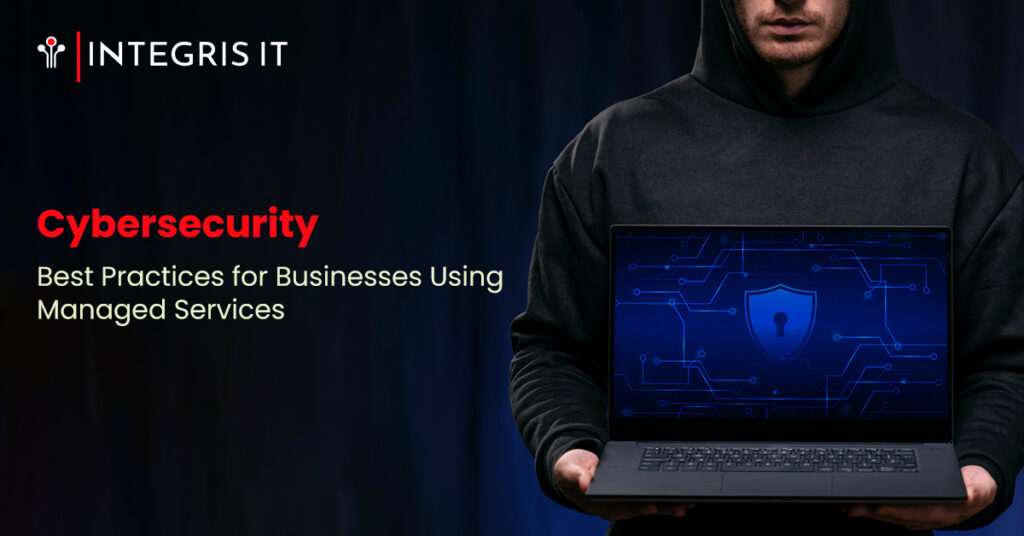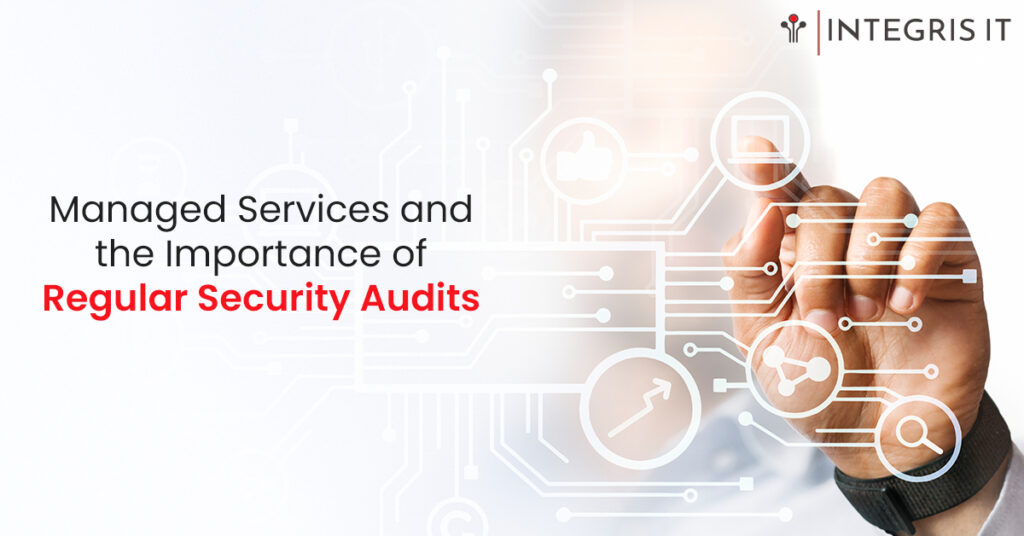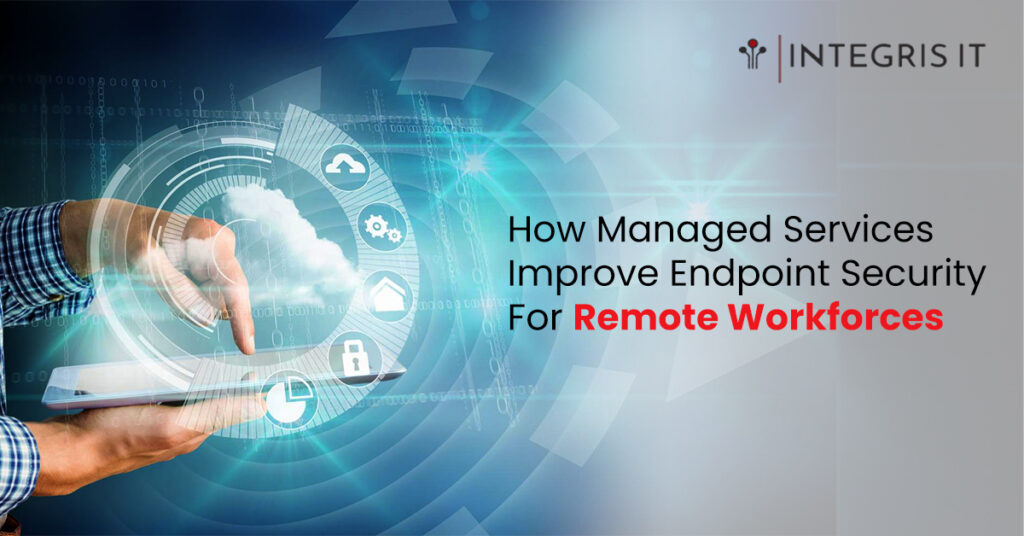
Digital space never leaves a chance to keep businesses prone to cyber threats. Sophisticated cyber attacks have urged businesses to adopt robust cybersecurity measures. Strategic approaches offered by managed services enhance the security posture of the businesses. Companies are executing comprehensive protection strategies and mitigating risks effectively by leveraging cybersecurity services through managed services. Let us understand these cybersecurity best practices for businesses using managed services.
Comprehensive Vulnerability Management
Maintaining a strong cybersecurity always seeks vulnerability management. This process assessment includes identifying, evaluating and correcting security flaws within the company’s IT infrastructure. Consistent vulnerability assessments help managed services providers detect and remediate potential security gaps. To reduce the risk of cyber attacks, they monitor systems continuously and apply necessary updates to address the vulnerabilities promptly.
Executing Data Encryption
One of the critical factors of a cybersecurity framework is to secure sensitive data. To ensure the data can be accessed only by authorized users, data encryption converts data into secure format. This ensures unauthorized parties cannot read the data, even if the data is interrupted during transfer. Safeguarding sensitive information and enhancing data security was made easy for managed services providers by executing robust data encryption protocols.
Regular Patch Management
Always keep your systems updated, as it is crucial to prevent cyber attacks. Patch management makes it easy by regularly updating software and systems, resolving security vulnerabilities, and improving functionality. They minimize the risk of exploitation by cyber criminals as managed services providers monitor that all patches are applied properly. For effective cybersecurity, regular patch management is a cornerstone.
Employee Training and Awareness
Human errors are no exception for a successful cyber attack, which proves that there is a need for employee training. Apart from software services, managed services providers offer extensive employee training programs. They educate the employees about common cyber threats, which include phishing attacks and social engineering tactics. Promotion of best practices and raising awareness, businesses can reduce the risk of security breaches inferred by human errors.
Developing a Disaster Recovery Plan
The impact of disruptive events and cyber attacks can be minimized with a robust disaster recovery plan. It entails a detailed, step-by-step plan to restore and recover critical business operations during a security incident. Managed services providers ensure that they can immediately resume operations and alleviate potential damages by helping businesses develop and execute disaster recovery plans.
Safeguarding against Phishing Attacks
Phishing attacks are the most common methods of cybercriminals. They use this method to fool individuals into delivering sensitive information. Cybercriminals have found easy ways to phishing attacks through fraudulent emails or websites that seem to be legitimate. To block these phishing attempts, managed services providers identify them through advanced email filters and threat detection techniques. Employee training programs also greatly help to recognize and avoid phishing scams to enhance cybersecurity further.
Employing Cloud Security Solutions
With the indispensable usage of cloud technologies in businesses, the security of cloud-based resources is paramount. Managed services providers offer cloud security solutions, which include secure access controls, encryption, and constant monitoring. These measures help in protecting data and applications from illegitimate access and potential breaches. They ensure that companies can make use of the benefits of the cloud without taking any chances on security.
Conducting Constant Security Audits
It is crucial to conduct regular security audits as they assess the effectiveness of an organization’s cybersecurity measures. These audits help identify potential weaknesses as they entail thorough examination of security procedures, policies, and controls. Comprehensive security audits conducted by managed services providers offer businesses with clear insights and recommendations for enhancing their security posture.
Establishing a Cybersecurity Framework
The structured approach offered by the cybersecurity framework helps to manage and mitigate cyber risks. This framework contains procedures, policies, and technologies to secure a company’s information assets. Managed services providers often develop and implement these cybersecurity frameworks based on the specific needs of businesses. Organizations are now effectively navigating the intricate landscapes of cybersecurity by establishing best practices and guidelines.
Conclusion
Businesses have several advantages if they incorporate managed services into their cybersecurity strategies. Businesses are now executing protective measures and mitigating the risks of cyber attacks by utilizing the expertise and resources of managed services. For a robust cybersecurity framework, key practices like data encryption, vulnerability management, employee training, and patch management are critical components. A solid cybersecurity framework is essential to safeguard a business’s digital assets. Businesses can enhance their security posture by following the cybersecurity best practices. It ensures the protection of their information in the present digital culture.









